Super Data:
PepsiCo has acquired Poppi, a probiotic soda brand that has gained popularity thanks to its health focus and retro design. This acquisition reflects the global surge of the functional beverage market, with projected growth from $134 billion in 2024 to $231 billion by 2033. Poppi, which started as Mother, has achieved notable success thanks to its branding and marketing strategy, while Coca-Cola has launched Simply Pop to compete in this segment. This article explores Poppi's trajectory, its competition, and the reasons behind Coca-Cola's entry into the probiotic beverage market.
The Global Surge of Healthy Drinks - How Big Are We Talking?
The functional beverage market has experienced significant growth in recent years, driven by increased health and wellness awareness. According to Statista data, the global functional beverage market reached $134 billion in 2024 and is projected to grow at a compound annual growth rate (CAGR) of 6.3%, reaching $231 billion by 2033. This growth is particularly notable in regions like North America and Europe, where consumers are more willing to pay for products that offer additional health benefits.
From Mother to Poppi: The Evolution of an Innovative Brand
Poppi began its journey as Mother, a handcrafted beverage created by the couple Stephen and Allison Ellsworth. Initially, they sold their product at farmers' markets, seeking to offer a healthier alternative to traditional sodas. The big break came when Mother appeared on Shark Tank, where they secured funding and access to distribution channels. However, it was the rebranding to Poppi that marked a before and after. By combining fruit juices with apple cider vinegar, probiotics, and sparkling water, Allison Ellsworth managed to create a beverage that eliminates excess sugar without sacrificing flavor. Since its relaunch as Poppi, the brand has experienced exponential growth, reaching revenues over $100 million and presence in more than 120 stores nationwide.
Competition in the Healthy Beverage Market
"Poppi's success has attracted the attention of other brands looking to capitalize on the surge of healthy beverages. One of the most prominent competitors is Olipop, a probiotic soda brand that has closed a $50 million Series C funding round, reaching a valuation close to $2 billion. Olipop also uses a retro design and focuses on gut health, directly competing with Poppi in the functional beverage segment. Additionally, other emerging brands like Health-Ade Kombucha and KeVita have gained ground in the market, offering probiotic and prebiotic options that attract consumers interested in digestive health."
Coca-Cola's Response: Simply Pop
"Coca-Cola, aware of the growing demand for healthier options, has launched Simply Pop, its own line of functional sodas. Coca-Cola's decision to enter the probiotic beverage market is based on several key factors. First, the increasing concern for health and wellness among consumers has led to a decline in the consumption of traditional high-sugar sodas. According to a Euromonitor report, sales of high-sugar sodas have decreased by 3% annually over the past five years, while functional beverages have grown by 5% annually in the same period.
Moreover, Coca-Cola seeks to diversify its portfolio and attract a new generation of consumers who value health and sustainability. Simply Pop, with its focus on probiotics and less sugar, represents the company's attempt to adapt to these new trends and maintain its relevance in the market."
Poppi's Brand and Marketing Strategy
Poppi has managed to position itself as a cultural phenomenon thanks to its brand and marketing strategy. Its colorful cans with a retro design reflect the brand's lifestyle aspirations, centered on fun and nostalgia, making it attractive to both Gen Z and Millennials. 'Poppi is much more than a beverage; right now, it's a tightly knit community and lifestyle,' Ellsworth expressed in an interview with Forbes. The brand combines traditional retail distribution in chains like Whole Foods, Target, Costco, 7-Eleven, Publix, and Amazon with a modern approach based on digital influence. Following the Alo Yoga model in the wellness sector, Poppi collaborates with influencers and celebrities, organizes exclusive events, and expands its social media presence.
The Cultural and Commercial Impact of Poppi
"Poppi not only targets a niche audience but also boldly aims for mass recognition. For the second consecutive year, the brand secured a coveted Super Bowl ad slot, a stage typically dominated by beers and traditional sodas. In fact, its 2024 ad, 'The Future of Refreshment,' was the most-watched during the game, reaching 29.1 million households. This cultural and commercial success demonstrates that new brands have the ability to make a significant impact and renew product categories, something that large corporations often struggle to achieve."
** IG: InfonegociosMiami **
PepsiCo's Acquisition
"PepsiCo has just announced the acquisition of the probiotic soda brand Poppi for $1.95 billion, a significant milestone for a company founded less than ten years ago. 'We've been developing our food and beverage portfolio for many years. We innovate with our brands in new spaces and make strategic and disciplined acquisitions that allow us to offer more positive options to our consumers,' stated Ramón Laguarta, President and CEO of PepsiCo, in a company release. 'More than ever, consumers are seeking convenient and great-tasting options that fit their lifestyles and respond to their growing interest in health and wellness. Poppi complements our portfolio transformation efforts to meet these needs,' he added."
The acquisition of Poppi by PepsiCo and the launch of Simply Pop by Coca-Cola are clear indicators that healthy beverages are here to stay. The soda industry is evolving to meet consumer demands for healthier and functional options without sacrificing flavor. Poppi, which started as Mother, has demonstrated that it's possible to create a brand that not only offers an innovative product but also builds a community and lifestyle that resonates with new generations. Competition in this market is fierce, with brands like Olipop and other emerging ones gaining ground, forcing traditional corporations to adapt and diversify their portfolios.
Reflect on how your business can leverage these global trends. Product innovation, community building, and the use of nostalgia and digital influence are key strategies for success in today's market. Consider how you can adapt to changing consumer demands and position your brand to lead this transformation in the beverage industry.
What is Poppi and why is its acquisition by PepsiCo significant?
"Poppi is a probiotic soda brand that has gained popularity for its health focus and retro design. Its acquisition by PepsiCo for $1.95 billion reflects the surge in the healthy beverage market and the adaptation of major corporations to new consumer demands."
How has Poppi managed to position itself as a cultural phenomenon?
"Poppi has managed to position itself as a cultural phenomenon through its branding and marketing strategy, which combines nostalgia with innovation and digital influence. Its colorful cans and presence at events like the Super Bowl have contributed to its success."
What impact does the surge in healthy beverages have on the soda industry?
"The surge in healthy beverages is forcing the soda industry to evolve and adapt to consumer demands for healthier and functional options. This has led major corporations like PepsiCo and Coca-Cola to launch new product lines and acquire innovative brands."
How can a company leverage nostalgia in its marketing strategy?
"A company can leverage nostalgia in its marketing strategy by using retro designs and evoking positive memories to emotionally connect with Gen Z and Millennials. This can create a deeper connection with consumers and increase brand loyalty."
Why did Coca-Cola decide to launch Simply Pop in the probiotic beverage market?
"Coca-Cola launched Simply Pop due to the growing demand for healthier and functional options. The decline in consumption of high-sugar sodas and the need to diversify its portfolio to attract a new generation of health and wellness-conscious consumers were key factors in this decision."
What other brands compete with Poppi in the healthy beverage market?
"Olipop is one of Poppi's main competitors in the prebiotic beverage market. Other emerging brands like Health-Ade Kombucha and KeVita are also gaining ground in the functional beverage segment."
How has the global functional beverage market evolved in recent years?
"The global functional beverage market has grown significantly, reaching $134 billion in 2024 and projected to reach $231 billion by 2033. This growth is attributed to increased health and wellness awareness, especially in regions like North America and Europe."
Stay Connected with Infonegocios Miami! (¡Suscribete sin cargo!)
-
Contacto-Contact: Infonegocios MIAMI:
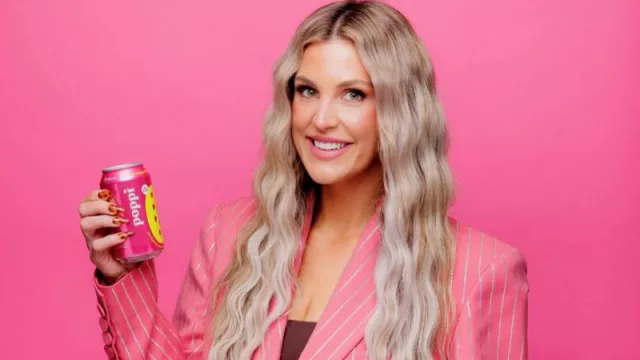
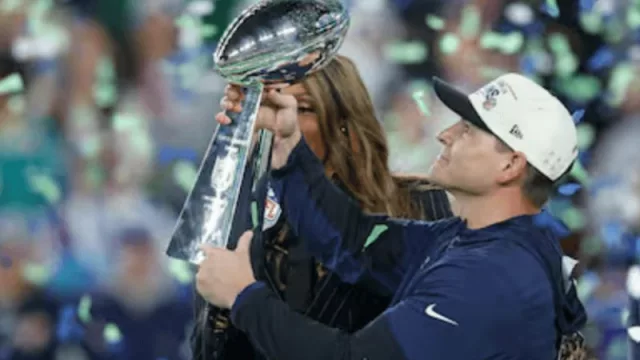

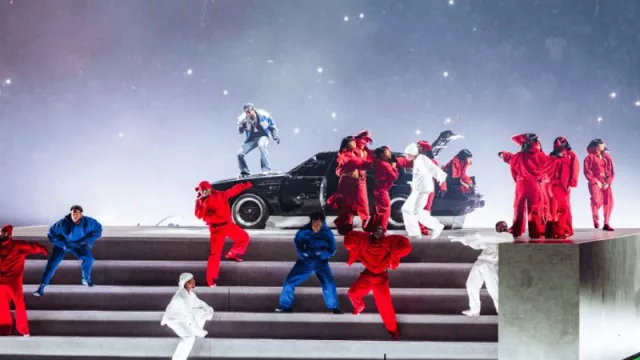

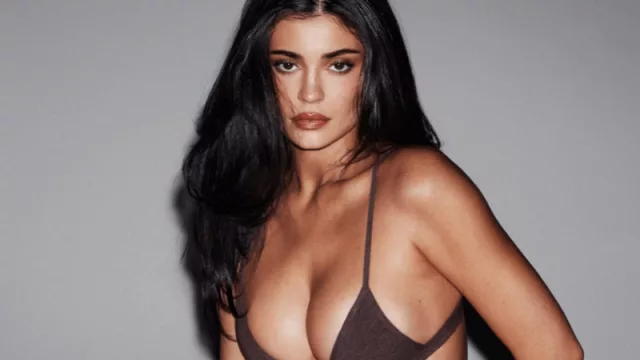
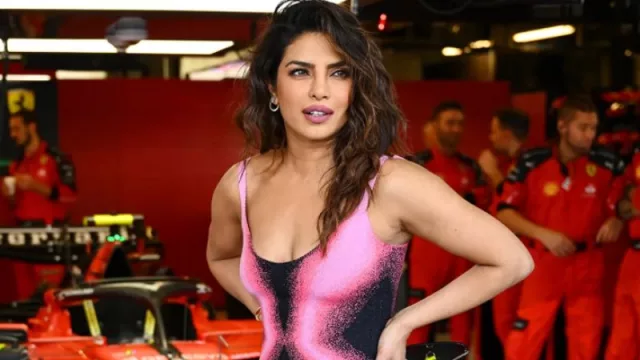
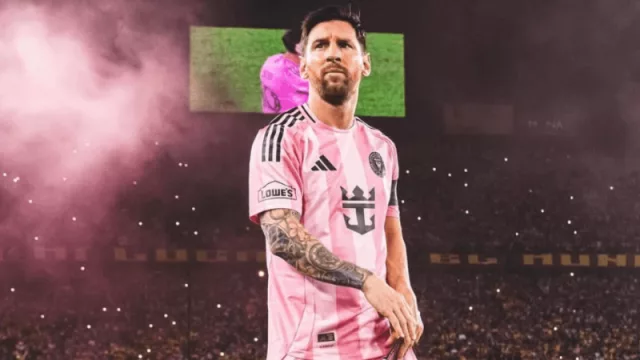

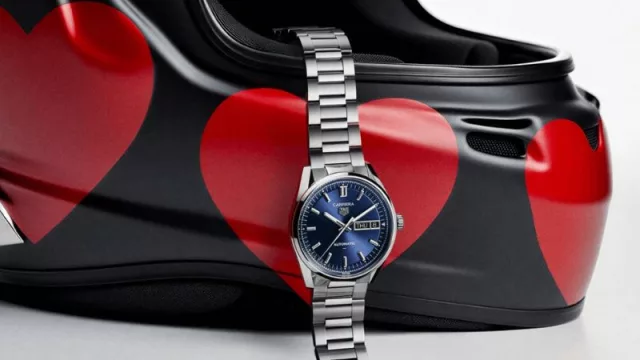
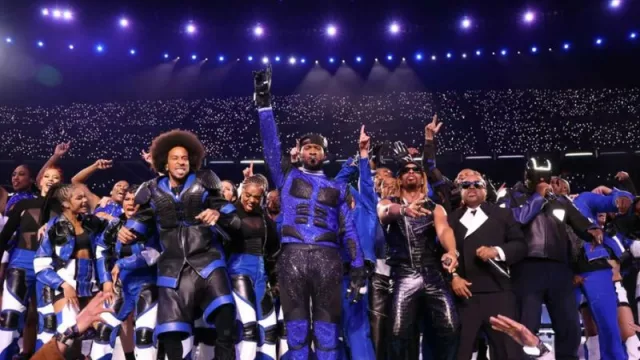

Tu opinión enriquece este artículo: